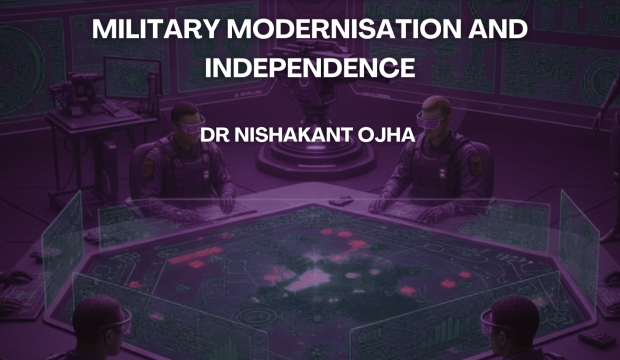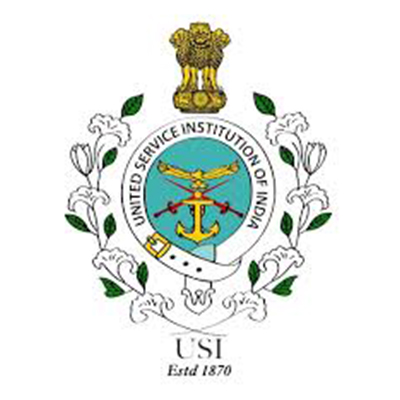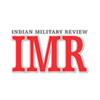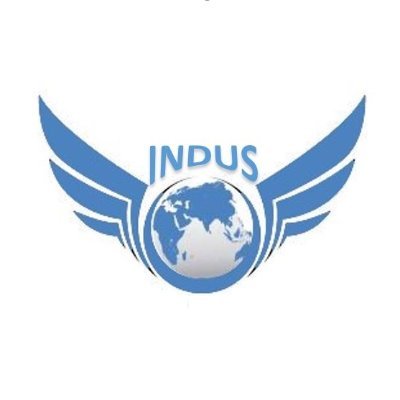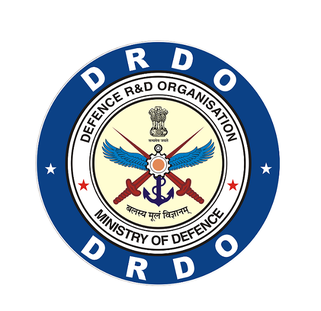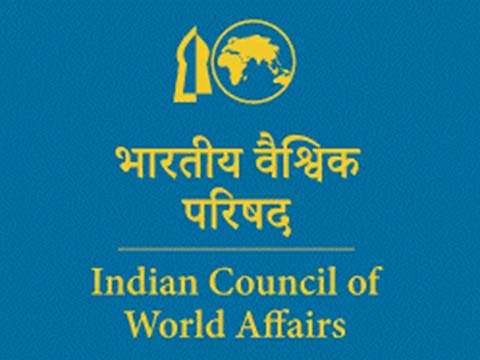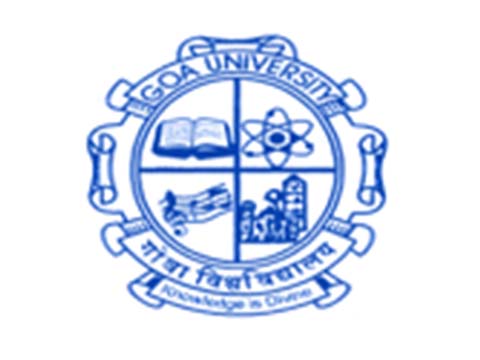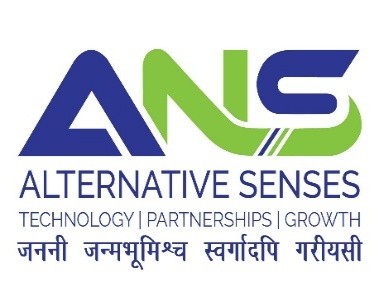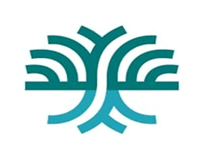Introduction
The Taliban government was established in Afghanistan after the withdrawal of US military in August 2021 which led to some serious concerns for India. Taliban, which is an Islamic terrorist group based on Sharia law, has tormented various sections of the society including women and minorities by imposing strict and merciless policies. India’s stance on Terrorism and Terrorist groups has always been anti, India has also banned many terrorist organisations and initiated certain operations to detect and disintegrate these terrorist groups. Moreover, India is also a part of the global war against terrorism and the anti-Taliban Northern Alliance as the country itself has experienced and had gone through many terrorist attacks like the Mumbai terrorist attacks in 2008, the Mandai Massacre in 1980 etc.
Despite these, India reached out to Taliban to boost its diplomatic relations on 8th January 2025.1 India’s top diplomat Vikram Misri met Taliban acting foreign minister Amir Khan Muttaqi in Dubai – the highest level of engagement since Kabul’s fall.2 The Taliban government expressed interest in strengthening political and economic ties with India, calling it a “significant regional and economic power”.3 The Taliban’s interest in talking to India shows that tensions between Afghanistan and Pakistan are growing, especially because of the Tehrik-i-Taliban Pakistan (TTP) militants in Afghanistan. As Pakistan’s relationship with the Taliban gets worse, India has a chance to become a trusted and fair partner for Afghanistan. If the Taliban builds stronger ties with India, it can rely less on Pakistan, which may reduce Pakistan’s control over Afghanistan’s policy decisions. This paper is going to talk about the ongoing debates over the relationship between India and Taliban. How India and Afghanistan’s relationship have evolved since Taliban came into power in 2021? Why is it necessary for India to build a stronger relationship with Taliban?
Historical Context
During the 1990s, when the Taliban held influence over Afghanistan, India’s relations were strained due to the group’s explicit support for militant organizations sheltered in Pakistan.4 India’s involvement in Afghanistan had been increased since the US-led anti-terror coalition in Afghanistan started in 2001. Though India was technically not a donor country under the terms devised by the Bonn agreement in 2001, Indian aid to Afghanistan in monetary terms stood by the end of India and Post-Taliban Afghanistan-2006 around US $750 million.5 Some 3000 Indians were engaged in infrastructure construction, capacity-building and development projects in that country.6 This depicted India’s participation in Afghanistan’s post-conflict construction and nation-building as India wanted to support operations that were working toward Afghanistan’s stability and development despite Taliban’s efforts to dismantle the empire, take control and impose strict sharia laws.
India likes to keep close and friendly relations with its neighbors, and sharing diplomatic ties with Afghanistan through aid was one of the ways to build relations with Afghanistan’s government during the US-led war with Taliban in the country after the 9/11 attacks. This would simplify India’s access to Afghanistan and Central Asia, enable the latter to overcome its historic dependence on Pakistan for access to the Arabian Sea and carry the potential to rework the geopolitics of the whole South Asian region.7
Taliban Return to Power in 2021
After the US took back its troops, Taliban returned to power in August 2021 which led to the establishment of sharia law in the country and a change in policies that are tormenting women and the minorities. Alongside the United States, India had invested more than $3 billion in aid and reconstruction work in Afghanistan in the past 20 years and a statement from the Indian Ministry of External Affairs laid out the usual talking points: regional developments, trade and humanitarian cooperation plus an agreement to resume developmental projects and to support the health sector and refugees in Afghanistan.8 Now, with the US backing its troops, India had to lose the most as it would also mean the loss of safety and security for India if the training bases of militants expanded from Afghanistan to Pakistan which would be closer to India. If India loses its economic power and influence in the region, China might use these militants, the region and the situation against India.
Due to these reasons, India has been gradually developing its relations with Taliban in the past years. When the Taliban came back to power, on August 15, the militant group promised that they will keep the Indian diplomats safe and would keep the Indian embassy open in Kabul but on August 17, India got to know that Pakistan had entered Kabul to join Taliban. India evacuated its Kabul-based diplomats with an immediate effect.
In the early statements and dialogue with Indian officials, the Taliban had assured India of a policy of non-interference in Kashmir.9 But shortly after their ascendancy, the Taliban watered that down and lent some credence to New Delhi’s biggest fear: that an Afghanistan run by the Islamist group could end up as a safe for terrorist organizations targeting in Kashmir.10 The Taliban’s change on Kashmir shows that India’s talks with them were very fragile. At first, their promises made India hopeful for peace, but then their mixed signals made India worry that Afghanistan could become a safe place for terrorists against India.
Additionally Indian and Taliban officials found themselves on the same side while dealing with Pakistani officials objecting to India’s shipment of humanitarian aid to Afghanistan via Pakistani territory.11 After the Taliban took over Afghanistan in August 2021, the country faced many problems. There was not enough food, the economy was weak, and there were not enough medicines. India wanted to help and sent 50,000 metric tons of wheat, important medicines, and warm clothes for winter.
Current Scenario
India’s Foreign Secretary Vikram Misri met acting Taliban Foreign Minister Amir Khan Muttaqi in Dubai on 8th January 2025./s12 The Taliban’s foreign office said they saw India as a “significant regional and economic partner” after meeting with its most senior foreign ministry official, the highest-level talks with Delhi since their takeover of Afghanistan in 2021.13 “In line with Afghanistan’s balanced and economy-focused foreign policy, the Islamic Emirate aims to strengthen political and economic ties with India as a significant regional and economic partner,” the statement from Afghanistan’s foreign ministry.14 The meeting between Vikram Misri and Amir Khan Muttaqi shows that India’s approach to Afghanistan is changing. India is now being more practical and strategic in dealing with Afghanistan. Even though India is still cautious, the Taliban calling India an important regional and economic partner gives New Delhi a chance to play a bigger role in shaping Afghanistan’s future.
India’s foreign ministry said after the Dubai meeting that India was considering engaging in development projects in Afghanistan and looking to boost trade ties.15 No foreign government, including India, officially recognises the Taliban administration. This approach helps India keep its influence, protect its security, and avoid backing a risky government too soon. By carefully working with Afghanistan, India shows that it wants to help the country develop, while still pushing for strong counterterrorism measures and fair political practices.
Experts like Jayant Prasad, who was once India’s ambassador to Afghanistan, say that India is still talking to the Taliban through a foreign service diplomat, he stated “We didn’t want this hiatus to develop [again], so we wanted to engage. It is very simply a step up in relations,” he says.16 His observation shows that India is determined not to let history repeat itself as it did during the Taliban regime in the 1990s when there was a long period of no proper communication. India now wants to stay actively involved and use a smart strategy to handle its relationship with Afghanistan.
Interestingly, relations with Delhi appear to be easing amid rising tensions between Afghanistan and Pakistan as Pakistan claims the hardline Pakistani Taliban (TTP) operates from sanctuaries in Afghanistan.17
Last July, Pakistan’s Defence Minister Khawaja Asif told the BBC that Pakistan would continue attacks on Afghanistan as part of an operation aimed at countering terrorism.17 The rising tensions between Pakistan and the Taliban over the TTP give India a unique chance to change its approach to Afghanistan.
Way Forward
- Engagement with International Community: Mr. Prasad sees no downsides to India’s current engagement with Afghanistan, despite concerns over the Taliban’s treatment of women. “The Taliban is fully in control. Letting the Taliban stew in its juice won’t help Afghan people. Some engagement with the international community might pressurise the government to improve its behaviour.”19 His view depicts a practical way of thinking that puts India’s security and humanitarian needs first even after he realises that the Taliban’s rule brings up serious ethical issues, especially with their tormenting treatment of women and minorities.
- Focus on Trade: A spokesman for India’s Foreign Ministry says that there are talks focused on “India’s humanitarian assistance that we are providing to people in Afghanistan” and the ways “the business community in Afghanistan” could use Iran’s Chabahar port for international trade.20 India’s focus on helping the Afghan people and boosting trade through Chabahar Port shows a smart and careful strategy. This way, India can support Afghanistan’s economy while keeping its influence in the region, without officially recognizing the Taliban. It also shows that India wants to play a positive role in maintaining peace and stability.
India is careful because it does not want Afghanistan to become a place where terrorists can plan attacks on India. By having diplomatic ties with Taliban, India can watch and stop these dangers. Since the Taliban’s views on Kashmir have changed, India now has a chance to reduce Pakistan’s power in the region.
India’s smart way of helping Afghanistan without fully supporting the Taliban helps keep the region peaceful. By giving aid, helping with trade, and being careful in its dealings, India is protecting its safety and making sure it stays important in Afghanistan’s future.
DISCLAIMER
The paper is author’s individual scholastic articulation and does not necessarily reflect the views of CENJOWS. The author certifies that the article is original in content, unpublished and it has not been submitted for publication/ web upload elsewhere and that the facts and figures quoted are duly referenced, as needed and are believed to be correct.
Endnotes
1. Jaishankar, Dhruva, Bruce Riedel Karl F. Inderfurth, Junjie Ren George Ingram, Madiha Afzal, and Suzanne Maloney. “India and the US in the Trump Era: Re-Evaluating Bilateral and Global Relations.” Brookings, March 9, 2022. https://www.brookings.edu/articles/india-and-the-united-states-in-the-trump-era-re-evaluating-bilateral-and-global-relations/.
2. Ibid
3. Farhad Jalinous | Ryan Brady | Earl Comstock | David Jividen| Timothy Sensenig. “White House Releases ‘America First Investment Policy’ Memo Outlining President Trump’s Approach to Foreign Investment.” White & Case LLP, February 26, 2025.
https://www.whitecase.com/insight-alert/white-house-releases-america-first-investment-policy-memo-outlining-president-trumps.
4. Standard, Business. “India, US Relations Set to Remain Strong under Trump Administration.” Business Standard, November 7, 2024. https://www.business-standard.com/external-affairs-defence-security/news/india-us-relations-set-to-remain-strong-under-trump-administration-124110700017_1.html.
5. Rossow, Richard M. “US-India under Trump 2.0: A Return to Reciprocity.” CSIS. Accessed March 24, 2025. https://www.csis.org/analysis/us-india-under-trump-20-return-reciprocity.
6. Ibid
7. “US-India Joint Leaders’ Statement.” The White House, February 14, 2025. https://www.whitehouse.gov/briefings-statements/2025/02/united-states-india-joint-leaders-statement/.
8. Ibid
9. Ibid
10. Ibid
11. Ibid
12. Ibid
13. Abhishek Mishra / TIMESOFINDIA.COM / Updated: Nov 4, 2024. “Donald Trump: What It Could Mean for India-US Relations: World News.” The Times of India. Accessed March 24, 2025. https://timesofindia.indiatimes.com/world/us/second-term-for-trump-what-it-could-mean-for-india-us-relations/articleshow/114955022.cms.
14. India unlikely to retaliate against Trump’s tariffs as deal talks progress, sources say | Reuters. Accessed April 8, 2025. https://www.reuters.com/world/india-unlikely-retaliate-against-trumps-tariffs-deal-talks-progress-sources-say-2025-04-06/.
15. National Archives and Records Administration. Accessed March 24, 2025.
https://trumpwhitehouse.archives.gov/briefings-statements/president-donald-j-trump-strengthening-strategic-partnership-india/.
16. Ibid 6
18. Ibid 4
19. Ibid 4

Ms. Sharmistha Pratap
Ms. Sharmistha Pratap is a research intern at CENJOWS, New Delhi




